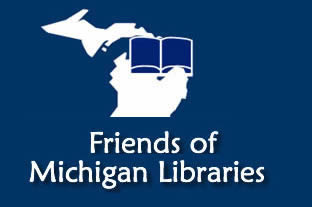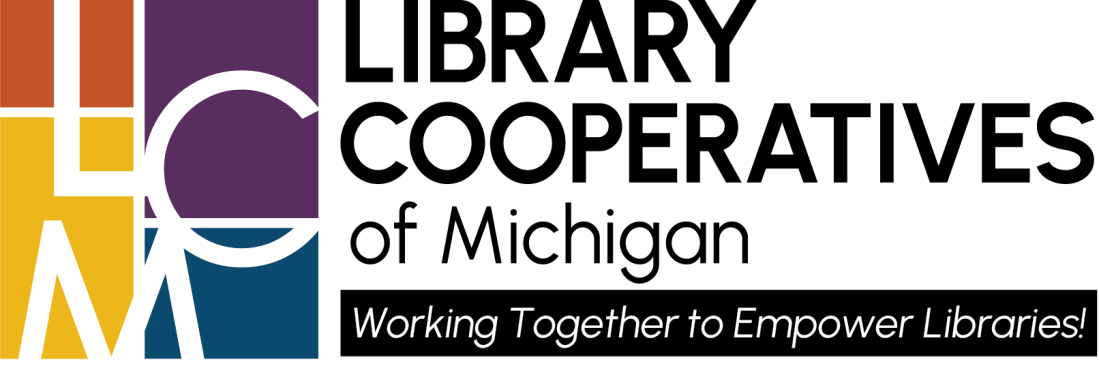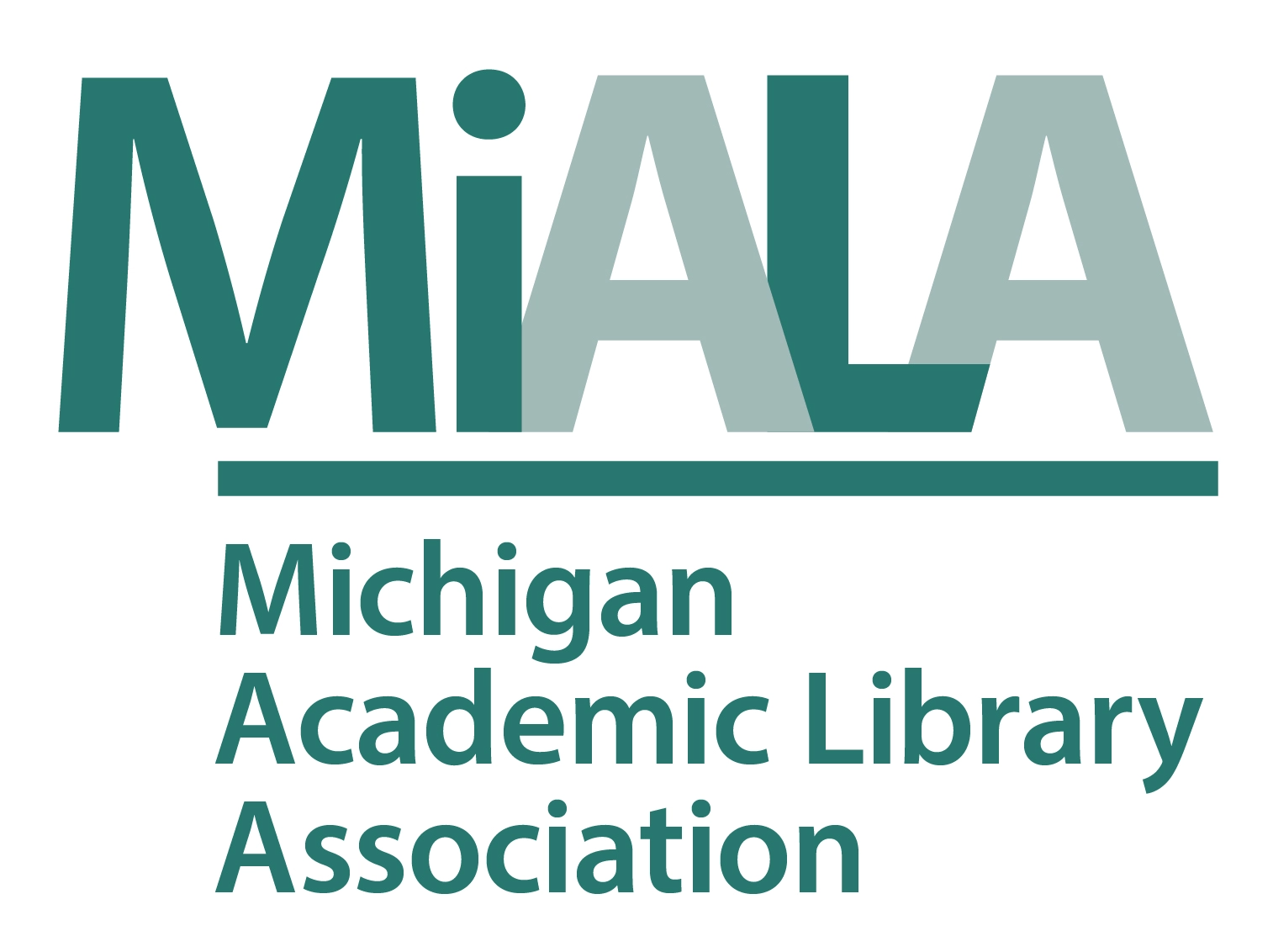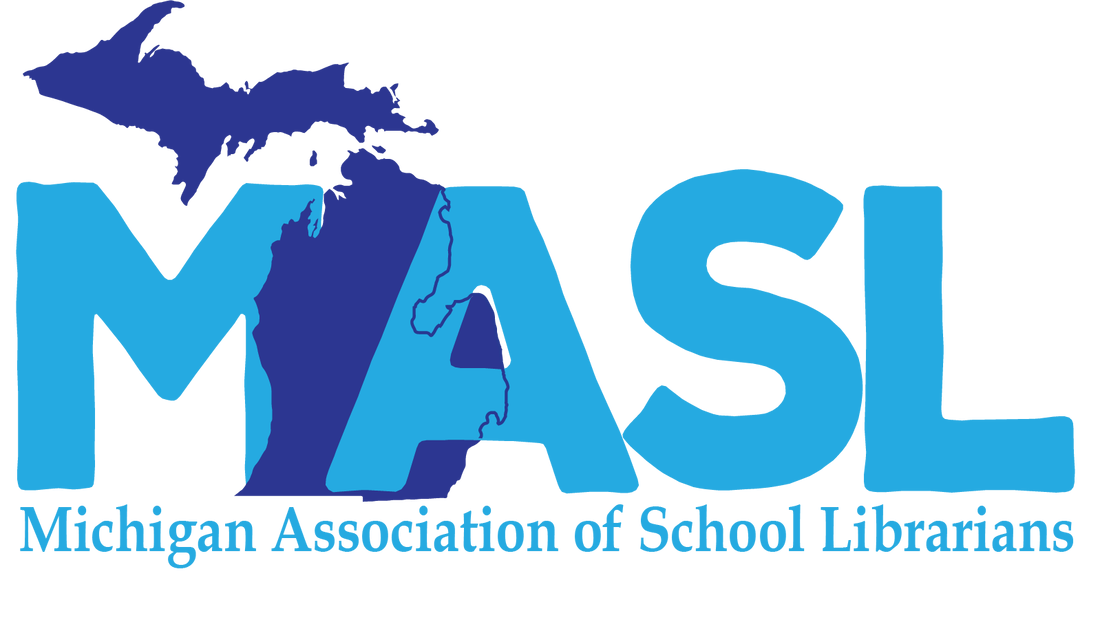- About
- Membership
- Education & Events
- Event Calendar
- Annual Conference
- Spring Institute for Youth Services
- Think Space
- Surviving and Thriving as a Public Library Director
- Leadership Academy
- Michigan Library Advocacy Day
- Youth Summit for the Right to Read
- Advocacy Hour
- MLA Connect
- MLA Connect On Demand
- Call for Proposals
- Vendor and Sponsor Opportunities
- Future Event Dates and Locations
- Programs & Services
- Advocacy
- News
- Job Board
 |
 |
 |
MLA 2019 Annual Conference Education SessionsWednesday, October 16, 20199:00 – 10:15 a.m. Thursday, October 17, 20199:00 – 10:00 a.m. Friday, October 18, 20199:00 – 10:00 p.m. Wednesday, October 16, 20199:00 – 10:15 a.m.Morning Keynote: Your Brain is Good at Inclusion... Except When it's NotRoom: Crystal Onyx Dr. Steve Robbins provides an innovative, science-based look at the benefits of creating inclusive workplaces. Using the fields of cognitive neuroscience, socio-psychology, and communication (among others), Dr. Robbins explores the human, hard-wired need to be valued and included – and what happens when that need is not met. He demonstrates how our brain has natural tendencies (i.e. biases) that can help us achieve goals, but also lead to unintended consequences, like the exclusion of others who are different than us. He provides listeners with terms and a language that invites people into productive conversations about inclusion and diversity. In the end, Dr. Robbins shows that the key to battling bias in organizations begins with understanding how individuals’ brains operate, but ultimately requires changes in organizational patterns of beliefs and behaviors. Speaker(s)
10:30 – 11:30 a.m.Movies out of the MainstreamRoom: Amethyst When I started working at the Ferndale Library, we had no foreign-language films. Not one. Foreign and art house films have been a passion of mine since I was a teenager, and I wanted to share that with my fellow Ferndalians. We now have a foreign language and art house film collection that rivals any in Michigan, and certainly in our consortium. Many of these films get a limited release in U.S. theaters if at all. I personally take joy not only in giving library patrons an opportunity to view these films but also in being able to provide an audience for the films. Speaker(s)
Movies Out of the Mainstream.pdf Developing Reading Booster Packs: A Multi-leveled, Multi-practice Approach Supporting Struggling Readers by Grade 3Room: Bronze Michigan teachers, families, and students are under increasing pressure to demonstrate every child can read by grade three. In an effort to bridge this gap and support struggling readers, Reading Booster Packs were developed by creating ready-to-go packaged materials and activities. Programs, incentive initiatives, and reading kits have provided families and teachers within our system with a cohesive multi-leveled and multi-practice approach to help elementary students become better readers. Speaker(s)
Do you Know the ADA?Room: Copper Granite Compliance with the ADA has proven to be notoriously complex and confusing, despite myriad regulations and technical guidance. Libraries are consistently faced with situations that fall outside of established policies. Library staff and directors are often not sure of when they can refuse or mitigate accommodations, or of how far an accommodation must go. This session uses a fun gameshow atmosphere to explore some of the most common pitfalls encountered in library accommodations and to provide tips and strategies for addressing different types of accommodation requests. Speaker(s)
Michigan Veterans Affairs Agency and Libraries: Making the ConnectionRoom: Emerald There are over 586,000 veterans in Michigan. Do you know how to connect the veterans in your community to the resources and benefits they have earned? The Michigan Veterans Affairs Agency will provide an overview of what it means to be a veteran, what state and federal resources are available to help veterans, and what actions you can take to engage with more veterans in your community. Speaker(s)
Spotlight Session: Breaking Bad Bias WorkshopRoom: Gold Unconscious bias has gotten a bad rap! Yes indeed! In much the same way that we stereotype people, many have stereotyped all unconscious biases as something negative, bad. The Breaking Bad Bias © workshop will clear the air and help attendees to fully understand bias from the science of human behavior and cognitive neuroscience. Such an understanding is required to begin to successfully address unconscious biases at both individual and organizational levels. The key word in that last sentence is "begin." Merely understanding unconscious bias is not enough to take on the biases that lead to negative outcomes, like exclusion. Why? Because it's unconscious! What will you learn?
Speaker(s)
Rethinking Library Organizational Systems to Foster Community Well-beingRoom: Pearl The Saginaw Chippewa Tribal Libraries have recently begun a three-year IMLS National Leadership Grant-funded project to address the question: How can tribal libraries use traditional ways of knowing and being to break free of the colonialist library organizational systems that reinforce a damaging worldview? Attendees will learn about the project and have the opportunity to participate in discussion about the project and process and to share their experiences and knowledge about decolonizing and indigenizing library classification and cataloging systems. Speaker(s) Anne Heideman
Financing Library Construction and Improvement ProjectsRoom: Silver This session will help you understand the options available to a library when the library needs a capital project. When does it make sense to use fund equity, undergo a capital fundraising campaign or borrow through bonds? This session will detail the benefits and drawbacks of all three methods and the allowable types of projects of each option. Speaker(s)
1:30 – 2:30 p.m.It's a Coder's World: Bringing Coding Education to the LibraryRoom: Amethyst In a world where computer coding skills have become a must-have for many jobs, it is imperative that younger generations start learning coding skills now. In the Makerspace at Rochester Hills Public Library, we are striving to provide opportunities that educate patrons of all ages on basic coding skills. Through programs such as Girls Who Code, introduction to Python coding class, and Coder Dojo, our patrons have multiple opportunities to learn coding skills. The presentation will allow the audience to evaluate an array of programs that can bring coding classes to their libraries as well as an opportunity to plan how they can bring such opportunities to their individual libraries. Speaker(s)
A Plethora of Programs: 30 Programs for ChildrenRoom: Bronze Let’s explore 30 programs for children under 12. Whether your budget is shoestring or robust, you will leave this program with a rejuvenated sense of excitement about your youth programming. Topics for programs include STEAM/STEM programs, popular character parties, art classes, holiday programs, and many more ideas. A variety of resources will be introduced and explored. Speaker(s)
Finding Funding for LibrariesRoom: Copper Granite Libraries of all kinds can benefit from diversifying their funding sources and finding ways to fill in gaps in financial support. This session will identify ten of the most important things you need to know about finding grants and demo the free Visualizing Funding for Libraries data tool, a project of the Foundation Center that won the Knight Foundation’s News Challenge on Libraries Competition in 2016. The goal of this session is to help you use this data visualization tool to find funding opportunities, increase your understanding of funding sources, and track funding trends. Speaker(s)
Finding Funding for Libraries - NonprofitResourceHandout.pdf Self-publishing and LibrariesRoom: Emerald More authors are self-publishing every year, yet many librarians are still hesitant to include self-published works in their collections. In this presentation, Brian Johnston will present the findings of his survey on self-publishing, which he distributed both to library professionals and self-published authors. He will then provide information from interviews he conducted from both sides and present tips for both librarians and self-published authors on bridging the gap between the two and getting quality self-published works onto library shelves. Speaker(s)
Self Publishing and Libraries Summary of Author Survey1.docx The Other Kind of Smart: How to be Effective Using Emotional Intelligence at WorkRoom: Gold We all have different personalities, different wants and needs, and different ways of showing our emotions. Navigating through this all takes tact and cleverness - especially if we hope to succeed in life. This is where emotional intelligence becomes important. Emotional intelligence is the ability to recognize your emotions, understand what they’re telling you, and realize how your emotions affect people around you. It also involves your perception of others: when you understand how they feel, this allows you to manage relationships more effectively. Speaker(s)
A to Zelda: Everything you Wanted to Know About Video Games in the LibraryRoom: Pearl Since the collection’s inception in 2015, Kent District Library has implemented many different circulation rules to make the video game collection as accessible as possible and it has become a well-loved part of the library for kids and teens. KDL staff will discuss various aspects of including video games/consoles in the library collection from maintaining the collection to hosting competitive tournaments for all ages. Speaker(s)
Self-directed Training Options for Front Line StaffRoom: Silver Become familiar with online training options for front line staff to build your own professional development program. This session will cover a broad range of topics including community organizing, working with genealogists, youth programming for 21st-century skills, and working with online resources. Get actionable recommendations for motivating, measuring outcomes, and achieving your library’s strategic objectives with examples from libraries across the country. Speaker(s)
3:15 – 4:15 p.m.Building Early Literacy With Text Messaging!Room: Amethyst TALK: Text and Learn for Kindergarten is a text messaging service that empowers parents as their child’s first teacher - even busy parents who may never visit the library. TALK sends simple activities that encourage parent-child interaction and are proven to build literacy skills. The Ypsilanti District Library worked with libraries and partners across Washtenaw County to produce the service, which is funded by LSTA. Activities were reviewed for clarity and cultural competency by a group of parents in the Great Start Parent Coalition, and Washtenaw Literacy ensured the language used was accessible to parents with limited English literacy. Currently in the third year of our pilot project, we will share successes and lessons learned as we developed the service, formed community partnerships, evaluated its impact on school readiness and student outcomes, and created a product ready to be shared with other libraries. Speaker(s)
Building Early Literacy with Text Messaging_Slides.pdf Mental Health in Libraries: Staff FocusRoom: Bronze One in five Americans has a mental illness, many suffer from this stigma impacting how and when and where to turn for care. Unlike physical conditions, symptoms of mental health and substance use problems can be difficult to detect. For non-clinicians, it can be hard to know when and how to step in. This session will give library staff the tools to identify when a colleague might be struggling with mental health or substance use problems and how to connect them with appropriate support and resources when necessary. Speaker(s) Shantalea Johns Monique Oldfield
Library Financial Management: What's New and What are the Basics Again?Room: Copper Granite Good financial accounting is a vital part of library management. Come learn about the revised and updated Public Library Financial Management Guide (2019) from the Library of Michigan from Alan Panter from Yeo & Yeo, who wrote the revisions. The manual covers accounting for libraries, budgeting, auditing, reporting and internal controls, as well as other topics. Session sponsored by the Library of Michigan. Speaker(s)
Foundations of Legal Information and Research: Law for LibrariansRoom: Emerald We will help provide librarians with the context and background needed to approach requests for legal information with more confidence. From where, for example, does “The Law” come, and what part do people and government entities play in creating it? Which of these resources might your patrons want to use to find answers they need? What resources might help you to help them? How might you find this information without trying to memorize a never-ending list of web pages and names of print resources? Join us to learn how to think about legal reference and direct patrons through the maze of available law resources. Speaker(s)
Foundations of Legal Information and Research - handouts on template.pdf Developing Cultural Intelligence: Where do we go From Here?Room: Gold In this interactive presentation, Michigan’s ALA Councilor, who was present for a widely-publicized racist incident at ALA Midwinter, and an administrator experienced in equity, diversity, and inclusion (EDI) will discuss what we can learn from such incidents. The presenters will discuss the importance of cultural intelligence and responsiveness to incidents of prejudice in professional situations, interrogate the notions of civility and professional conduct, and offer tools for interrupting and engaging with uncomfortable situations. Speaker(s)
Tabletop Role-playing Games in the Library: How to Start Your Collection and Create an RPG Club and how to Hold a Successful RPG SessionRoom: Pearl Tabletop games are growing in popularity. From web series like Critical Role and Tabletop, to television shows like Stranger Things and The Big Bang Theory, to bars with game nights, you see tabletop games everywhere. Libraries are the perfect place to bring tabletop games to a new audience. This lecture will cover tabletop board games, card games, and role-playing games, collection development, creation of programming for all ages, and material requirements. The room will remain open following the session for those who wish to participate in game demos. Speaker(s)
Tabletop Role Playing Games - Board Games.docx Peer Navigators @ KPLRoom: Silver Learn how your library can build a coalition to provide peer navigation services at your library. Discover how KPL’s peer navigation program has been a resource to staff when dealing with patrons. Hear success stories about peer navigators making connections and directing people towards a healthier path. Speaker(s)
4:30 – 5:30 p.m.Open Wide: Migrating to KohaRoom: Amethyst This session will share information about PALnet’s migration to the open-source ILS, Koha, managed by Bywater Solutions. Two years post-migration, there have been valuable lessons learned. As for the future of open source, it’s wide open. Speaker(s)
Programs, Grants, and Capacity-building: Michigan Humanities Opportunities for Your LibraryRoom: Bronze Curious about the way your library can receive funds for programming? Ready to take part in a statewide reading program or host a traveling exhibit? Michigan Humanities staff will share highlights of seven programs and grants that are available now to Michigan libraries, offer tips for successfully applying for funding, and answer your questions about eligibility, timelines, and other important details. Through grants and collaborative programs offered across the state, Michigan Humanities provides opportunities to gain a deeper understanding of the past, the tools for stronger analysis of the present, and a more informed vision for the future. Speaker(s)
Them and Us: Understanding the Roles of Municipal Officials in Public LibrariesRoom: Copper Granite Library Boards and Directors are not always clear on the legal role that their municipalities and municipal officials can, must, or should play in the operation, governance or support of the library. We will look at the various Michigan library establishment types and discuss what role(s) municipalities and municipal officials legally play in each. Speaker(s)
Anne Seurynck
Early Chapter Book BonanzaRoom: Emerald Are you looking for choices beyond Junie B. Jones and the Magic Tree House for your younger patrons? Join us as we discuss some of our favorite new and under-the-radar early chapter books and explore this vibrant section of publishing. Representation of books will include diverse characters as well as authors. Speaker(s)
The Lo-down on Collecting LocallyRoom: Gold Learn about the Library of Michigan’s new local collection guidelines and how they can help you! Speaker(s) Bernadette Bartlett Matthew Pacer
Tabletop Role-playing Games: Open Game PlayRoom: Pearl Participate in game demos of popular tabletop role-playing games.
It's Not Just 3D Printing: Cultivating a Maker Culture at Your LibraryRoom: Silver Time has proven that makerspaces aren’t just some fleeting fad in library land. However, many libraries, especially libraries who have limited resources, get hung up on the “space” part of “makerspace”. Or perhaps a library does have the space, purchased a 3D printer, and they don’t know where to go from there. This session will discuss how to tie maker culture into your library’s programming and services, regardless of your budget or space constraints. Speaker(s)
Thursday, October 17, 20199:00 – 10:00 a.m.Better Libraries and Stronger Communities Through Kindness, Empathy and LoveRoom: Crystal Onyx Living with kindness, empathy and love provide benefits for both the giver and receiver. Studies show that these types of expression might slow aging, decrease pain and create a higher sense of emotional warmth that reduces stress and heart-health risks. For those on the receiving end, a greater sense of inclusion and value contribute to stronger emotional brand engagement. Workplaces with a culture of kindness, empathy and love also have lower staff turnover and greater effectiveness. This culture ripples out from individuals to others in the workplace, to patrons and throughout the community. Speaker(s)
10:45 – 11:45 a.m.Me Difficult? Nah, They're Difficult!!Room: Amethyst A therapist and librarian discuss how to deal with difficult patrons and co-workers in this fun and informative session. Participants will learn the unseen influences that may cause people to act difficult, how to put ourselves and others in a healthier context when we are interacting personally and professionally and will discover methods to steer uncomfortable situations with difficult people onto a healthier path. Speaker(s) Casey J. Coker
Our Year of Learning on Equity, Diversity and Inclusion at Kent District LibraryRoom: Bronze Find out how Kent District Library is focusing on giving staff new experiences on equity, diversity and inclusion in their yearlong focus. This year of learning is a new format for KDL that allows us purposeful focus on one topic. A year of activities, opportunities, conversations and self-reflection are included with the purpose of staff’s personal growth. Speaker(s) Sara Proano
Cents and Census-ability: A Guide to the 2020 Census and Michigan LibrariesRoom: Copper Granite Library of Michigan staff will discuss Census 2020 and why it matters to Michigan libraries. Beginning with an overview of what the census is, its history and how it’s collected. The Library of Michigan staff will show how and why the 2020 Census will impact our libraries and what libraries can do to help ensure that their people count. Speaker(s) Evette Atkin Joseph Hamlin
Kathy Webb Cents and CensusAbility_ A Guide to the 2020 Census and Michigan Libraries_FINAL.pdf
Understanding Organizational Theory: Increasing Dimension and Reorganizing Your LeadershipRoom: Emerald Join administrators from the University of Detroit Mercy for more organizational theory and its application to libraries. Using research-based literature, narratives of personal experience, and opportunities for small and large group interaction, the presenters will build on their presentation from MLA 2018, discussing what we know about organizations and how library administrators may use this knowledge in their own practice. Speaker(s):
Megan Novell
Budgeting for LibrariesRoom: Gold Sound financial management is the cornerstone of a healthy bottom line. With this session you will increase your financial awareness from the professionals and learn how to implement these tools in the real world library setting. Speaker(s) Brain Camiller Kari Shea Finance and Budgeting for Libraries.pdf What to do With an International CollectionRoom: Pearl New to the International Collection? Looking for help, tips or tricks? Two international collection selectors are here to guide you through the development of a new language collection. Together we’ll cover everything from selecting books to choosing donations, and possible programming (such as Language and ESL Conversation Groups). We’ll explore resources, starting points, challenges, opportunities and more. Speaker(s) Shannon O'Leary Daniel Patton What to do with an International Collection.pdf When Outreach Brings Them in: Teens Takeover the LibraryRoom: Silver Teens in the library has been a conference topic for as long as any of us can remember but often only as vague or broad ideas. This session will delve deeper by talking about specific programs and outreach that make it easy for the teens to decide they want to visit your buildings and what to do with them once they actually do start showing up. You can get 90 teens to “drop-in” to a program and you can handle it, too! Speaker(s)
When Outreach Brings Them In - MLA Presentation 2019.pdf 2:30 – 4:00 p.m.Deep Dive: Critical Conversations: Supporting Diversity and Inclusion Through Discussion-Based ProgrammingRoom: Copper Granite What are effective ways for libraries to facilitate open conversations about race, ethnicity, gender and social justice? The Michigan State University (MSU) Libraries have cultivated strategic partnerships to facilitate community conversation about civil and human rights, including the contributions and experiences of local refugees. Examples of award-winning programs and tips for developing and nurturing partnerships to support diversity, equity, and inclusion will be shared. In this discussion-based session, participants will also share their own ideas for facilitating community conversations about diversity, equity, and inclusion. Speaker(s)
Deep Dive: De-escalation Training
Room: Silver Being able to de-escalate and defuse situations is an extremely helpful skill. Communication is key. Through resolving situations using only words, it prevents physical altercations and potential harm for all sides involved. Participants will walk away with specific techniques to create calm and defuse the situation. Speaker(s)
Deep Dive: Executive ExchangeRoom: Gold Libraries are confronting shifting demographics across Michigan. It is imperative for library leadership to create an inclusive environment that is welcoming in all areas - race and ethnicity; culture and language; age and generational differences; gender and sexual orientation; neurodivergence and cognitive function; different experiences, types of intelligence and values. Executive Exchange will provide a chance for library leadership to discuss in small group interactions. Speaker(s) Tedi R. Parsons, CCC, CEC, CPC Executive Exchange.pdf
3:00 – 4:00 p.m.Making Your Way in the World Today: Tips and Tricks to Make Them Remember Your NameRoom: Amethyst The first impression you make on a potential employer is your resume and cover letter. Are you making them remember your name? In this interactive session, we will look at examples of good and bad cover letters and resumes and what to do and what not to do. Discover what an interviewer is looking for when they say certain things in a job ad and how you can adapt your materials to show you are the best candidate. Attendees are encouraged to bring resumes, cover letters, questions and a spirit of fun. Speaker(s)
Supporting Your K-12 Students (and Teachers) With eResources from MeLRoom: Bronze Looking to connect with your local media specialist and teachers? The eResources in the Michigan eLibrary offer a way to do just that! There is a wealth of content available for educators to use in the classroom and Ann Kaskinen, MeL’s K-12 Engagement Specialist, will show you how to support your local educators by connecting MeL content to curriculum standards. This session is ideal for both new and experienced users of MeL who are looking to connect with their local educator community. Speaker(s)
Cultivating a Crafting CommunityRoom: Emerald Beginning with crochet classes in 2017, the Clinton-Macomb Public Library has tried to position themselves as a hub for crafters. They aim to build skills, offer lifelong learning opportunities, and connect their community through craft. This presentation will cover programming options, ways to promote your physical and digital collections, and foster connections in your community both inside and outside your building. Speaker(s)
Open Your DoorsRoom: Pearl This session reviews the various tools and tactics that libraries are using to move beyond their physical space in order to reach readers and patrons in the current world of instant access and increasing online competition. Speaker(s) Timothy Turner
5:45 – 6:45 p.m.Poster Presentations
Friday, October 18, 20199:00 – 10:00 a.m.Decolonize Your LibraryRoom: Amethyst When you think of a Native American, what image comes to mind? Maybe your brain conjures up a scene from Dances with Wolves or Disney’s Pocahontas? Despite America’s love affair with a buckskin-clad warrior with a bow and arrow, these stereotypical representations of indigenous communities are actually inaccurate, racist, and extremely damaging. In this session, attendees will be given the tools to “decolonize” their library and find new ways to showcase work by Native authors and artists in a way that celebrates the indigenous identity. Speaker(s)
Unlock the Power of Volunteering at Your Library!Room: Bronze Unlock the power of a well-run volunteer program and watch your library benefit! Are you overwhelmed trying to fit managing volunteers into your busy day? This session will give you ideas and tools to help with recruitment, organizing your volunteer team schedule, retention, recognition and also incorporating opportunities for adults with special needs. Volunteers can be a very valuable asset to your library, turning into ambassadors promoting the library, so come and learn how to create an effective volunteer program! Speaker(s)
Keep Your Hands off my Millage Dollars!Room: Copper Granite Public libraries depend on their millage dollars, but taxing authorities like Downtown Development Authorities can capture these funds. That is until MLA lobbied to protect those millage dollars with the passing of Public Acts 505-510 of 2016. Hear the harrowing tale of Capital Area District Libraries fight to inform the public, their municipalities and protect their millage dollars. Speaker(s)
LibGuides Without Borders: Using LibGuides as a Tool to Optimize Shared Governance CommunicationRoom: Emerald LibGuides have also been used for information literacy, library assessment, and collection management. LibGuides have served as the tool to build whole library websites, but there is little literature on the use of the LibGuide as a solution to campus challenges external to the library. In 2017, the University of Detroit Mercy launched a new website. While it serves to market the university to potential students, it is lacking in other areas. The presenters describe how a LibGuide added value to the University and solved a campus-wide communication problem involving shared governance. Speaker(s)
What do Grant Funders Want?Room: Gold How can you meet grant funder expectations when you apply for a grant? Come learn about how the grant application and review process work and how that impacts your interactions with potential funders. Bring grant ideas to discuss and learn good grant application habits. Speaker(s)
What do Grant Funders Want handout - 3-2019.docx PBS Books: Library Engagement Program and a Diversity of ProgrammingRoom: Pearl PBS Books launched a pilot Library Engagement Program in Spring 2019. Learn about how it developed, hear about various success stories from big to small libraries across the country (to right here in Michigan), engage in conversation about strategies to connect with your PBS local station, and find out how to get involved to take advantage of the free PBS Books resources being offered. Also, get a sneak preview into what’s on the horizon at PBS Books and have an opportunity to provide feedback about what your community needs! Speaker(s) Heather Montilla
Beyond Legos: Ideas for Older Visual-Spatial ReadersRoom: Silver Looking for something beyond Legos for your older readers? Random House author Shelley Pearsall will share two of her middle-grade novels and show how youth librarians can use them in creative ways to inspire visual-spatial readers. All of the Above and The Seventh Most Important Thing are both ALA Children’s Notable Book selections. In both books, the characters create truly spectacular structures - yes, without Legos! The session will include specific library-based activities to take home, as well as a discussion of other engaging titles for this audience. Get a sneak peek at Shelley’s upcoming novel, Things Seen From Above (2020) about a Michigan boy with a birds-eye view. Speaker(s)
10:15 – 11:15 a.m.The Role of the Public Library Social Worker: An Exploratory and Ethnographic StudyRoom: Amethyst This presentation explores the experiences of the social worker employed in the public library system. Using an exploratory/ethnographic approach, the presenter will “tell the stories” of social workers in public libraries in three U.S. cities: Long Branch, NJ, San Francisco, CA, and Brooklyn, NY. Data in the form of individual and focus group interviews with the social workers, their supervisors, and their colleagues will ascertain and evaluate the challenges and benefits related to the role, duties, and tasks assigned to these employees. Recommendations to public library personnel interested in hiring social workers will be presented. Speaker(s)
MeL eResources, Connecting Your Community to High-Quality, Reliable InformationRoom: Bronze Join members of the MeL team as they share details about MeL's new site, eResources and the new engagement specialists. Looking for tips and tricks? The team has best practices for making the most of the content and new tools as well as ways to integrate MeL into your daily work. Join along as Explora for Public Libraries and EBSCO eBooks are demoed and participate in a quick digital scavenger hunt for a chance to win prizes! This session is ideal for both new and experienced users of MeL eResources. Speaker(s)
Spotlight Session: Code Switching: In Other WordsRoom: Copper Granite “Do you kiss your mom with that same mouth?” or “What would Professor [so and so] say if they heard you talking like that?” Code switching is something we do on a regular basis, and often times, we are not even aware that we do it. For some of us, however, the switch happens more often than for others, and for different reasons. During this session, we will define the act of code switching, the act of moving between two languages or varieties of language and attempt to explain why it is not only an attempt to be politically correct but a necessity in library services. Speaker(s)
Upgrading our Privacy Advocacy in the Age of Big DataRoom: Emerald This program will help library professionals get a better understanding of ways to improve their own privacy practices as well as educate our communities on how to keep their digital data secure. Learn about the current state of surveillance technology and how to be aware of the ways this kind of aggregation of personal data affects everyone. Additional discussion will include how to advocate for privacy through public policy. Speaker(s)
Podcasting for LibrariesRoom: Gold Libraries can—and many already do—use the podcast platform as an efficient and easy method to share news and information, promote programs and services, and distribute other important content to their patrons. Come learn the details that will help you produce, record, and deliver your own podcasts from a library that has found success in this media. Speaker(s): Kristin Shelley Andrea Smiley
Making Without the Space: Circulating STEM KitsRoom: Silver Like many small libraries, the Georgetown Township Public Library does not have room for a makerspace, and the sole program room is not big enough to host large group STEM programming. With the help of a grant from IEEE, GTPL created a collection of 15 STEM kits that can be checked out for one week and completed at home. The collection includes projects for chemistry, biology, coding, engineering and math. In this session, Kaelyn Christian will offer a template for building your own circulating STEM collection, ideas for projects and a budget breakdown for our collection. Participants will also have a chance to brainstorm kit topics and projects during the presentation. Speaker(s)
|

 Steve Robbins
Steve Robbins  Ed Burns
Ed Burns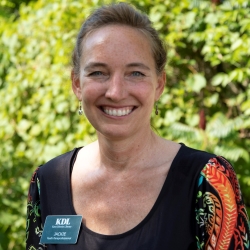 Jackie Boss
Jackie Boss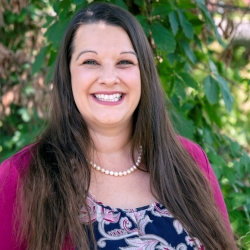 Ashley Smolinski
Ashley Smolinski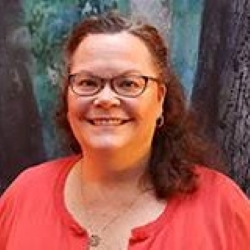 Clare Membiela
Clare Membiela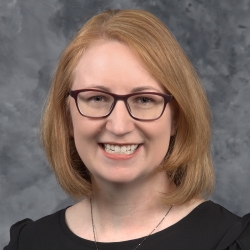 Karen McCloskey
Karen McCloskey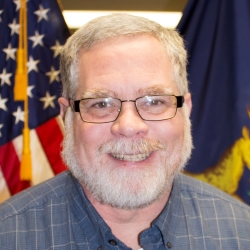 John Stauffer
John Stauffer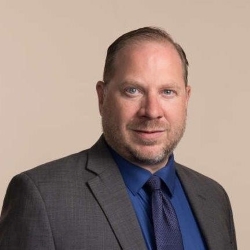 RJ Naughton
RJ Naughton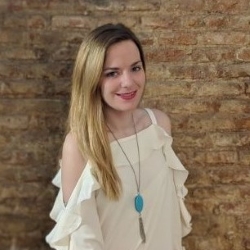 Tierney Czartoski
Tierney Czartoski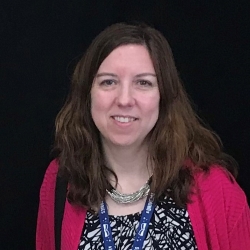 Lisa Martin
Lisa Martin Alicia Piggott
Alicia Piggott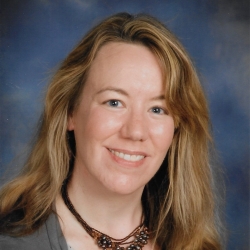 Lynn Heitkamp
Lynn Heitkamp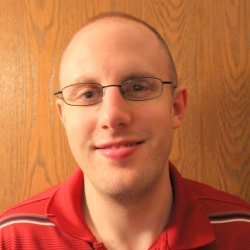 Brian Johnston
Brian Johnston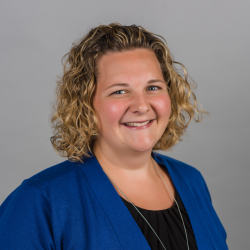 Megan Buck
Megan Buck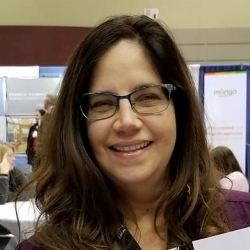 Lisa Waskin
Lisa Waskin Greg Lewis
Greg Lewis Aaron Thomas
Aaron Thomas Jared Oates
Jared Oates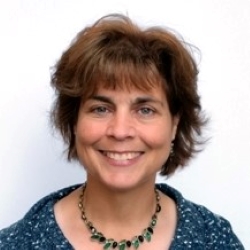 Lisa Hoenig
Lisa Hoenig Jodi Krahnke
Jodi Krahnke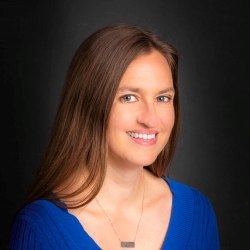 Gillian Ream Gainsley
Gillian Ream Gainsley 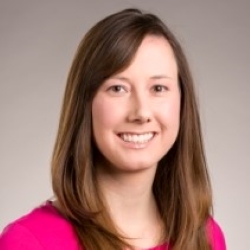 Kristel Sexton
Kristel Sexton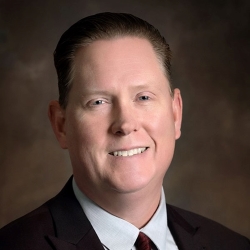 Alan Panter
Alan Panter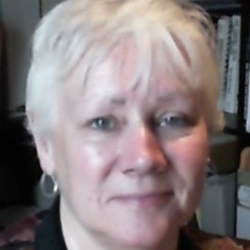 Julie Clement
Julie Clement Kim Koscielniak
Kim Koscielniak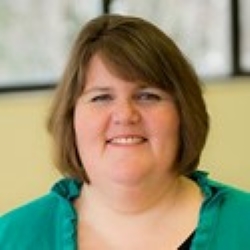 Jennifer Dean
Jennifer Dean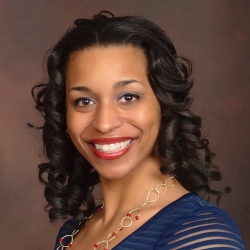 Amber Johnson
Amber Johnson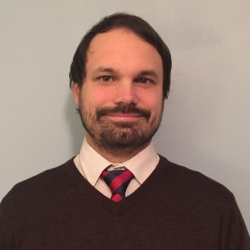 Keith Latinen
Keith Latinen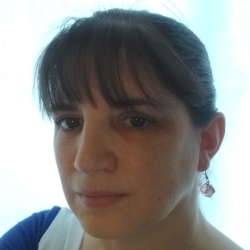 Christine Martin-Resotko
Christine Martin-Resotko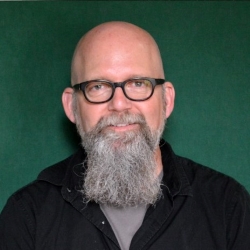 Sean Harris
Sean Harris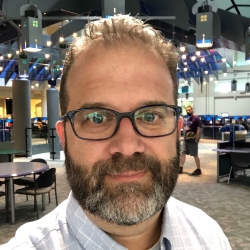 Kevin King
Kevin King Jason Knight
Jason Knight Marsha Pounds
Marsha Pounds 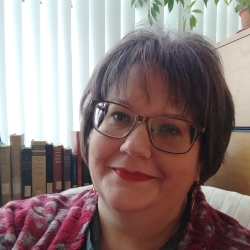 Jill Sodt
Jill Sodt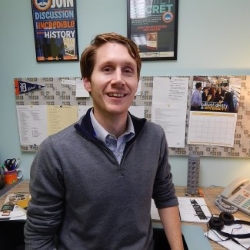 James Nelson
James Nelson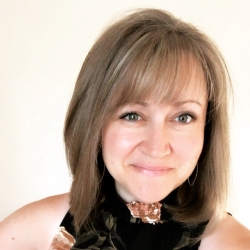 Jennifer Rupp
Jennifer Rupp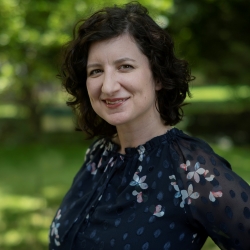 Katie Wittenauer
Katie Wittenauer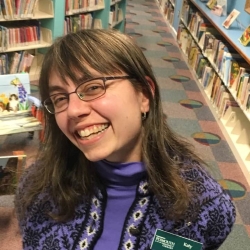 Katy Kramp
Katy Kramp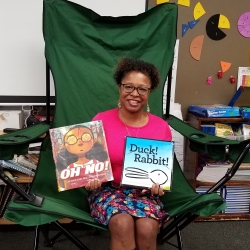 Nakenya Lewis-Yarbrough
Nakenya Lewis-Yarbrough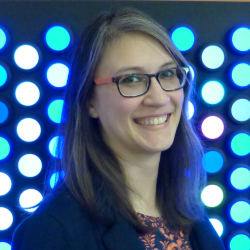 Jessica Parij
Jessica Parij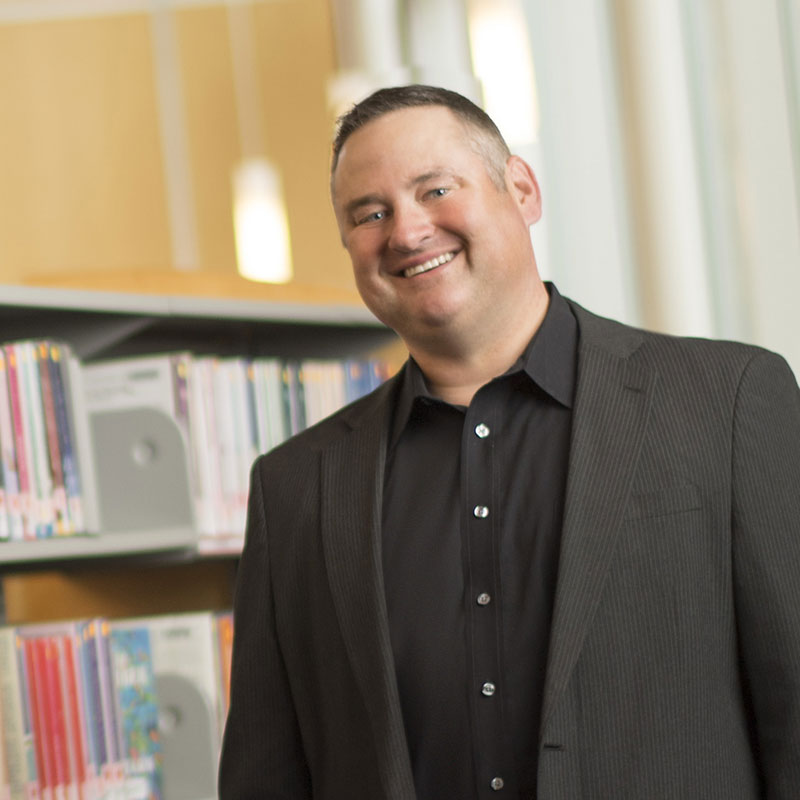 Lance Werner
Lance Werner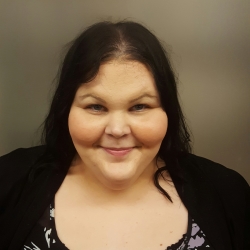 Erin Durrett
Erin Durrett 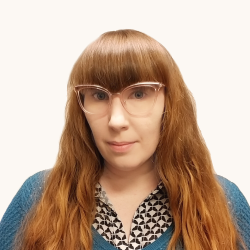 Colleen McWhinnie
Colleen McWhinnie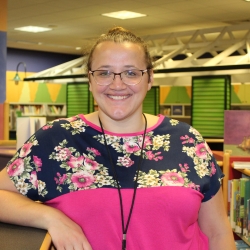 Brittany Wesner
Brittany Wesner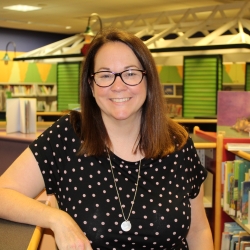 Amy Young
Amy Young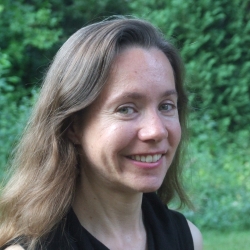 Sharon Ladenson
Sharon Ladenson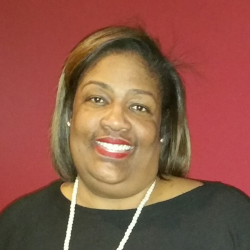 Sojourner Jones
Sojourner Jones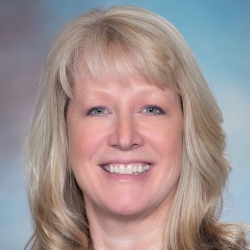 Ann Kaskinen
Ann Kaskinen Meghan Mott
Meghan Mott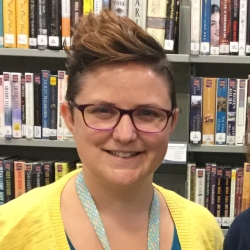 Celia Mulder
Celia Mulder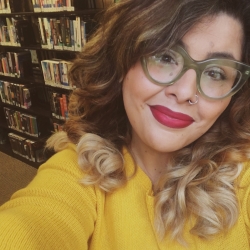 Randi Dalton
Randi Dalton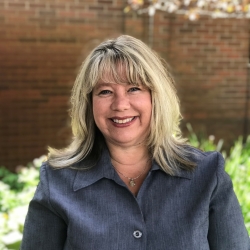 Lori Morris
Lori Morris Scott Duimstra
Scott Duimstra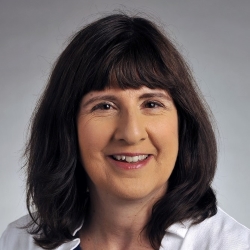 Julia Eisenstein
Julia Eisenstein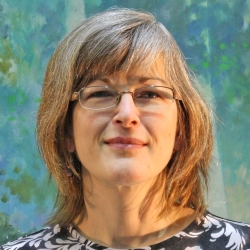 Karren Reish
Karren Reish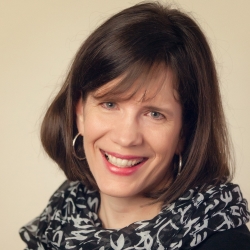 Shelley Pearsall
Shelley Pearsall Mark Giesler
Mark Giesler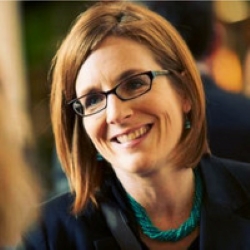 Liz Breed
Liz Breed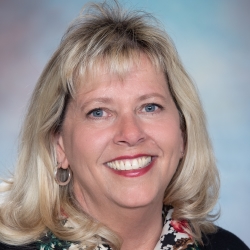 Theresa Runyan
Theresa Runyan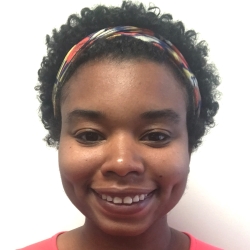 Janelle Manuel
Janelle Manuel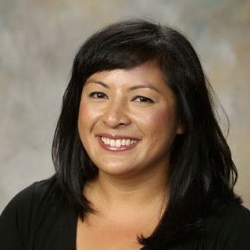 Serena Vaquilar
Serena Vaquilar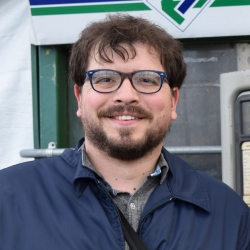 Matthew Wisotsky
Matthew Wisotsky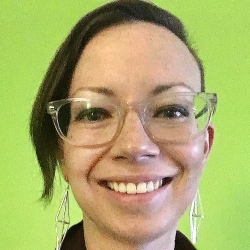 Kristy Cooper
Kristy Cooper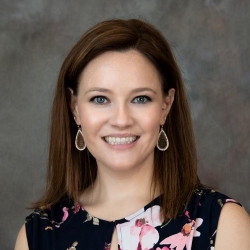 Kaelyn Christian
Kaelyn Christian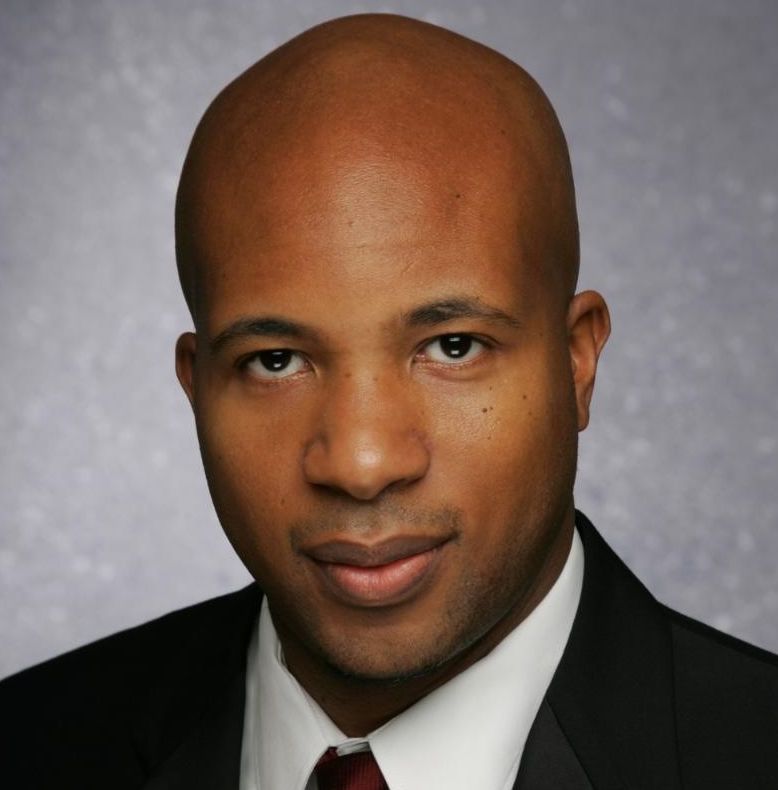 Dr. Derrick Gay
Dr. Derrick Gay
